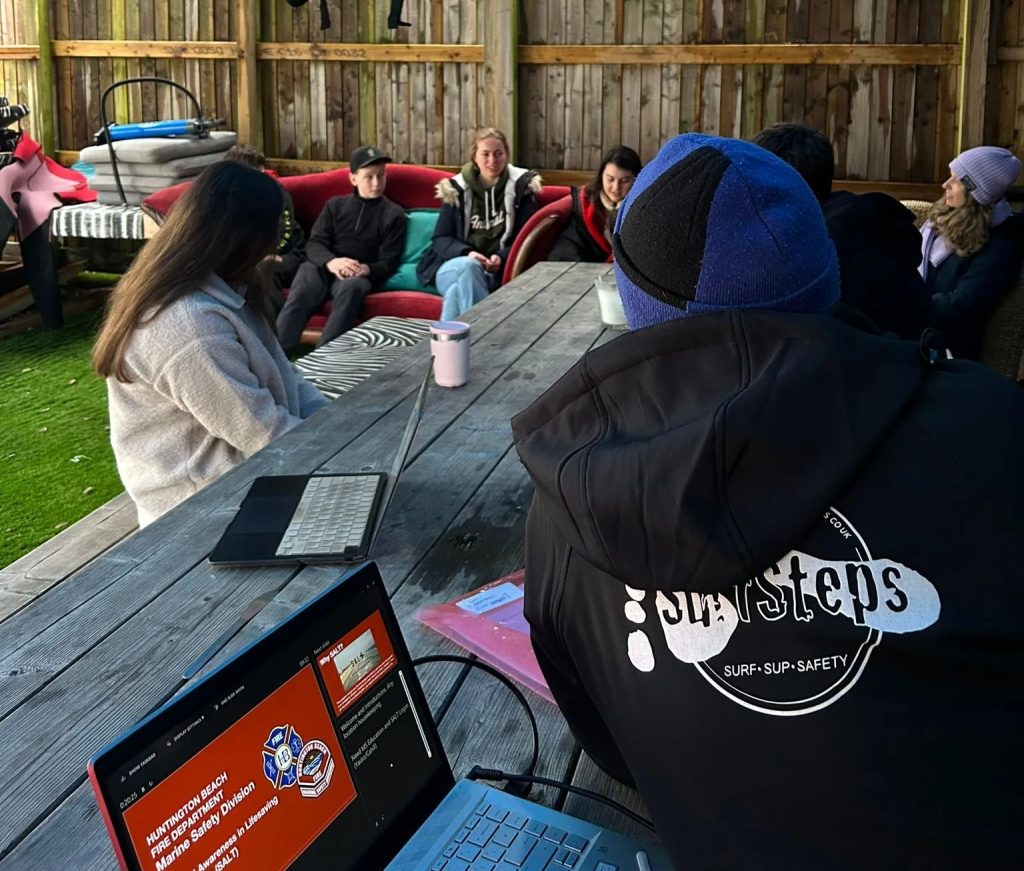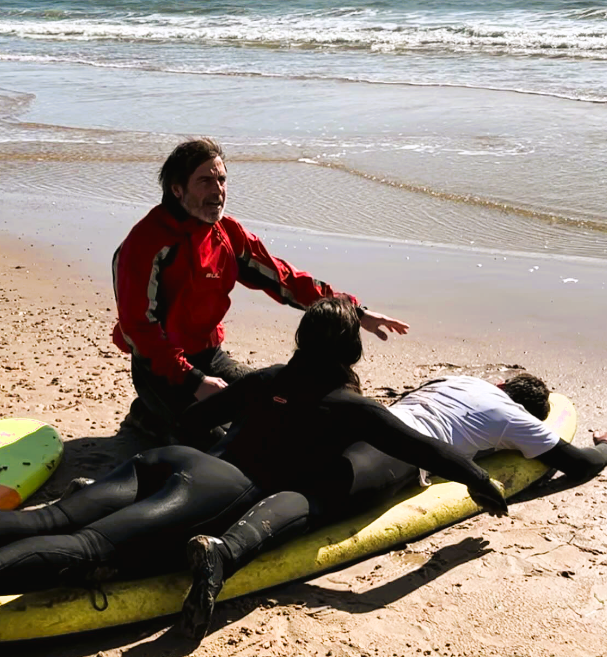Local surfers from the social group “Sisters of Stoke (SOS)” hit the beach near Bournemouth pier on St. Patrick’s Day Sunday last week, not only to catch the cool spring waves but to learn bystander rescue techniques from local surf, SUP and safety training organisation Surf Steps.
The term ‘bystander’ describes any member of the public, be they family, friend, or stranger, attempting to rescue someone in distress. However, it can be extremely hazardous for the bystanders if they don’t understand and assess the risks or have knowledge of rescue principles/techniques.
This is the first time this training programme has run in the UK. SALT (Surfers Awareness in Lifesaving Techniques) was designed by a team of Huntington Beach lifeguards, in California, US, to provide aquatic emergency response guidelines and techniques to surfing members of the public.


